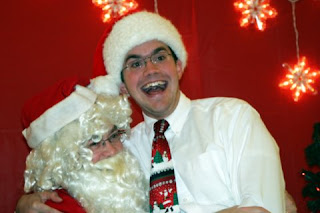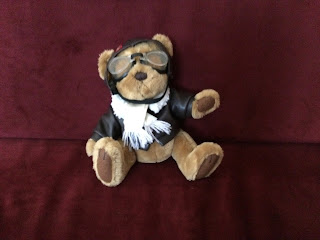Two years ago
In my weekly blogging, I’ve passed a milestone: it’s now more than two years since David died. I’ve ‘unpinned’ my Word document that has all my blogposts from May 2014 to August 11, 2015: I won’t be referring to them weekly anymore.
I’ve been blogging every week for over two years. I pledged I’d post each week and I have. If you want to read how the first year of mourning went, you can go back to those posts. Two years on I am doing much better and I’d like to expand my offerings. I hope you’ll continue on the journey. I love writing to you each week.
When David was three years old
Back in 1991, New Hampshire State Road 101 was a small, two lane highway which ran from Manchester, where we lived, to Hampton Beach, a village on the 13 miles of New Hampshire seacoast. Winding around bedrock outcroppings, it was notorious. Small white crosses dotted the side of the road, some with weathered bouquets of plastic flowers. Grim markers, they identified the location of fatal accidents and warned of the dangers of driving too fast on a small country highway. I was barely aware of them on my carefree drive to the beach, but noticed each one on the long drive back.
The day after Labor Day and there are just two other cars in the huge parking lot at Hampton Beach. I open the blue minivan hatch:
“Rachel, you take the blanket; Peter, the cooler; Matt, the sand buckets; David…David?...Where’s David?”
Silent blank stares from each of my children. Incredulous, I frantically lean over and see the empty back seat, then scan the area outside the car.
“Get back in the car!” I bark, and run for the pay phone. No answer at Jim’s home office. Linda and Kayleen: not home. I envision the police finding David and not giving him back.
“Hello?”
“Oh, Sue! This is Mary Johnston, next door. Could you go over to my house? I think I left my three-year-old home alone.”
Over the phone, I hear her kitchen door squeak open, then mine, then her faint footsteps down the carpeted hall of our little white ranch.
“There’s a little boy asleep on the bed. He’s got brown hair.”
I start breathing again.
“I’m at Hampton Beach. I can be back in an hour. Can you wait there?”
“Sure.”
Driving past the grim white crosses, I prep my kids: “When we get home, we’re going to do whatever David wants. If he wants to stay home, we’ll stay home.
Whatever he wants.” Dissent is not an option.
David wakes up just as I enter the house. Sue shrugs as I thank her, then walks her cordless phone back to her house.
“Mommy, why did you leave me?” are the first, plaintive words out of his mouth. They cut into my heart.
How did it happen? Before starting off for the beach, I had gone to the bank drive-through, then back home for a forgotten lemonade thermos. Peter jumped out to get his GI Joe; I didn’t see David following him.
Thermos retrieved, I got back in the driver’s seat and watched through the rearview mirror as Peter buckled himself in. Then I sped out of the driveway. David heard the car leave, ran to the door, but couldn’t open it. He pulled a kitchen chair up to the counter and stole a marshmallow from the cupboard, then went in to his little aviator bear, Radar, and fell asleep.
When he woke up, there was a strange lady in his room, with a phone in her hand. He heard the front door slam and his mom’s footsteps in the hall.
At that time, I hadn’t yet seen the popular movie,
Home Alone, but had heard the plot and dismissed it out of hand as unbelievable. How could parents fly to Paris and leave their young son asleep at home? How could a mother go on vacation and leave her child?
I’d done just that.
I love the comedic actor, John Candy, who plays Gus Polinski in
Home Alone. Gus and his fellow polka-band members have rented a large van to drive to Milwaukee after their flight is cancelled due to a winter storm. The mom is snowed-in as well, and Gus offers to give her a lift to Chicago, on the way to Milwaukee. Riding in the back of the van with him, the guilt-ridden mother asks:
“Have you ever gone on vacation and left your child home?”
Gus answers:
“No. No...but I did leave one at a funeral parlor once. Yeah, it was terrible too. You know, I was all distraught and everything. You know, the wife and I, we left the little tyke there in the funeral parlor all day.
All day! You know, we went back at night, when, you know, when we came to our senses, and there he was. Apparently, he was there all day with the corpse.
"Yeah, he was okay, you know, after six, seven weeks, came around, started talkin’ again. But he’s okay. You know, they get over it. Kids are resilient like that.”
It took a long time before I could laugh about that day. I never asked David what he thought about it. I suppose at first I didn’t really want to hear. And now he can’t tell me.
















